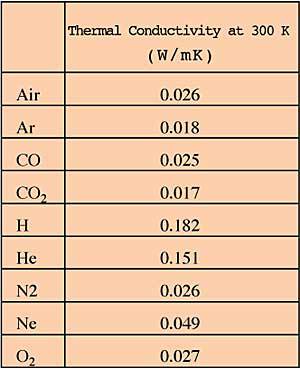T. A. Gardner
Serial Thread Killer
The key to this is the energy comes in in one form (light), then is converted to a second type of energy (thermal) after striking the planet. The atmosphere acts as an insulator to the second while it is largely transparent to the first. Thus, changes in the atmosphere's composition can affect the temperature of both the atmosphere and planetary surface. Changes in the surface, such as urbanization and deforestation can also have an effect.I'm not say redistributing adds additional energy. Energy comes in. Energy goes out. The atmosphere CURRENTLY impacts both. If less energy goes out overnight, before the sun comes around to your part of the Earth again, temperatures will rise because there's more residual energy.
The question on the table is, if the planet is heating up, what's the cause? My view is a miniscule change in a tiny fractional gas in the atmosphere is not the answer to that question regardless of what climate scientists say.

